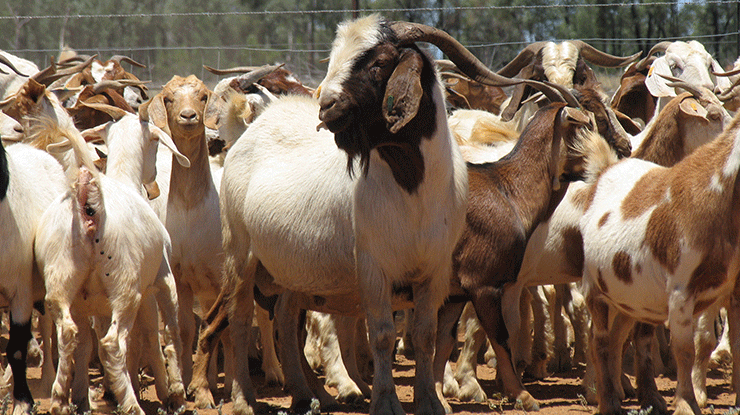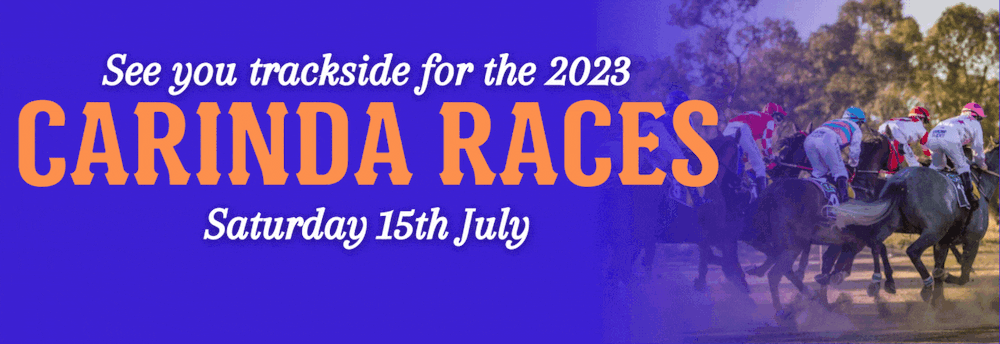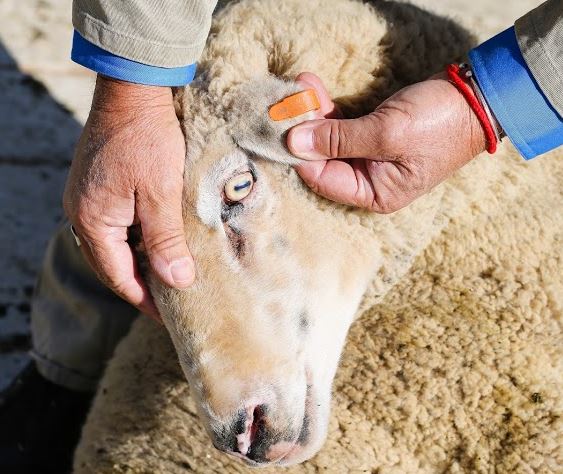"Ewe" must comply - eID tag debate continues
Kristin Murdock
23 June 2023, 9:20 PM
 Debate over cost of new eID tags is ongoing with NSW Farmers calling for the NSW Government to subsidise the cost to farmers.
Debate over cost of new eID tags is ongoing with NSW Farmers calling for the NSW Government to subsidise the cost to farmers.The debate over the mandatory introduction of electronic identification (eID) tags for all sheep and goats across the country, continues to provoke strong opinions.
Government have mandated that after January 1st, 2025, all sheep and goats born on farms must be tagged with ID tags in place of the current tags which display PIC (Property Identification Code) numbers.
As of January 1st 2027, every sheep and goat that leaves a property must have an eID tag attached. These tags have been mandatory in Victoria for many years and now all other states must follow suit, in the name of traceability and biosecurity.
While few farmers would argue the importance of tracing animals in the event of a disease outbreak such as foot and mouth disease, it is the cost of the transition to eID tags that is causing most concern.
NSW Farmers, the peak industry body in this state says tags should cost no more than $1 per tag, setting a clear target for state and federal governments.
While agreeing in-principle for the national traceability scheme after it was mandated by the previous government, NSW Farmers President Xavier Martin said there was a need to set a maximum cost amid growing angst from producers.
“Farmers are rightly becoming increasingly concerned about the costs associated with implementing eID for sheep and goats, following the previous government’s mandating of the traceability system last year,” Mr Martin said.
“Since the former government’s announcement of mandated electronic identification for sheep and goats in July 2022, we have been clear that there must be sufficient financial support made available for producers of these livestock.
“Our Executive Council has looked at what other state governments are providing their producers and calculated a maximum price of $1 per tag is reasonable for the NSW Government to support given biosecurity benefits everyone, not just producers.”
Farmer Billy Porter of Carinda has run Merino sheep all his life but the introduction of compulsory eID tags is one reason he may look to sell them. With a current holding of 2400 sheep, the costs to adhere to the eID timeline will be an issue.
Mr Porter said most farmers he knows are not happy with the compulsory tagging requirements.
"I'm against it," he said. "I think most people are. It's going to be a huge headache. At the moment a tag costs around 40 cents. The new tags will cost over $4 each, not to mention the extra gear required. It adds up to quite a big cost."
NSW Farmers said "the last thing we want to see is a significant cost burden borne by producers who are now required to transition to using eID by government".
Current eartags will be phased out completely over the next few years. IMAGE: Local Land Services
Sally Packham from the Eartag Warehouse at Narromine has been in the eartag business for more than two decades and is a livestock producer herself. She said the compulsory eID introduction for sheep and goats is the biggest change she's seen in the industry for a long time.
"My gut feeling is farmers will wait for an announcement of funding before really getting into tagging their animals," she said. "Everyone knows it has to happen sooner or later but at the moment its only really the abattoirs and saleyards that are funded. Studs are getting into it, but the average farmer is holding off."
Ms Packham said that farmed goats are also on the eID radar from government. "Farmed goats will need tags but not feral goats in Rangeland areas like around Bourke."

IMAGE: Meat & Livestock Australia
Government advice is that a harvested rangeland goat is a goat that has been captured from a wild state. It has not been born through a managed breeding program and has not been subjected to any animal husbandry procedure or treatment. Such goats are eligible for a tag-free movement if they’re transported directly from their property of capture to slaughter or via one registered goat depot.
The existence of feral goats has caused some opposing factions to the eID to ask what the point is when so many animals are running untagged in the scrub.
Government sources state, "The most likely access point for FMD is via the illegal importation of FMD contaminated feedstuffs which are then fed to domesticated pigs. This risk is greatest from people carrying such products in their luggage when flying into Australia.
"With domesticated livestock both larger in number and in closer geographic proximity, we can therefore expect that there is a greater risk that the disease would spread among such livestock.
"It is acknowledged that despite Government and industry’s best efforts to eradicate feral animals, such an aim is likely to be unachievable and as a result they could play a role in terms of disease spread."
They go on to say that this does not mean that eID for sheep and goats should not be implemented.
"Australia needs to ensure our traceability system is as effective and robust as possible and look to continually improve over time and to reduce leakage and areas of weakness,"





